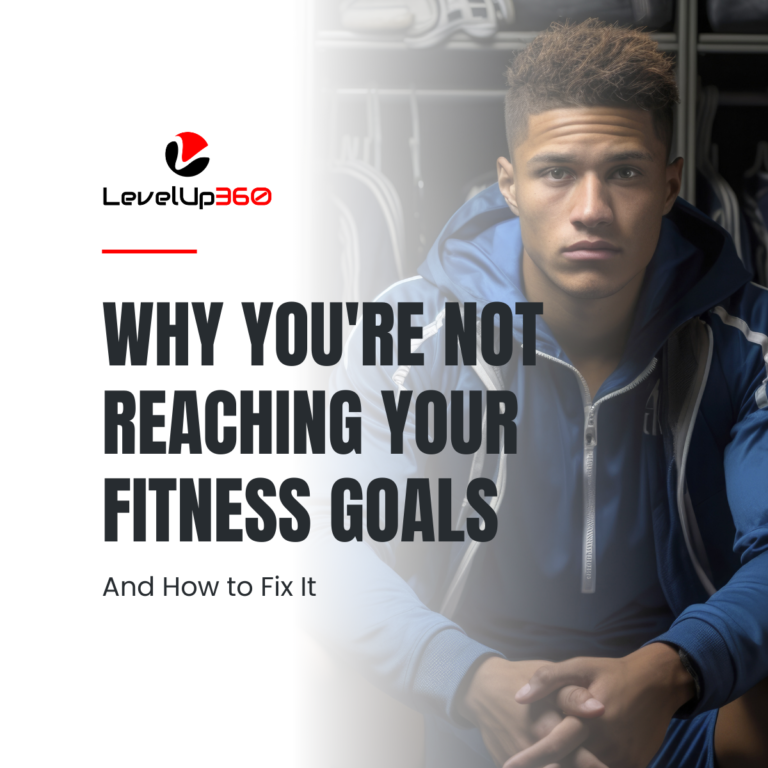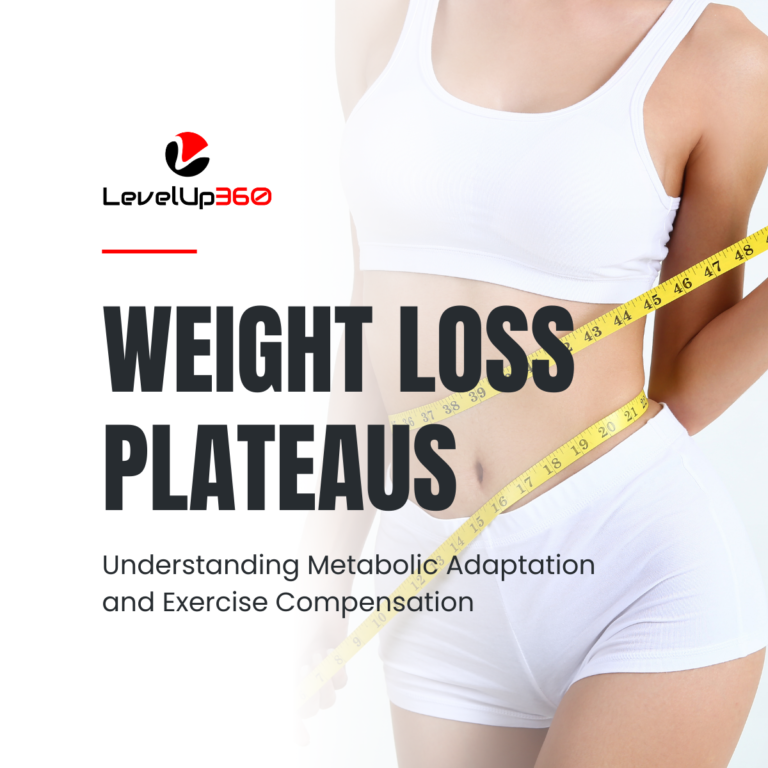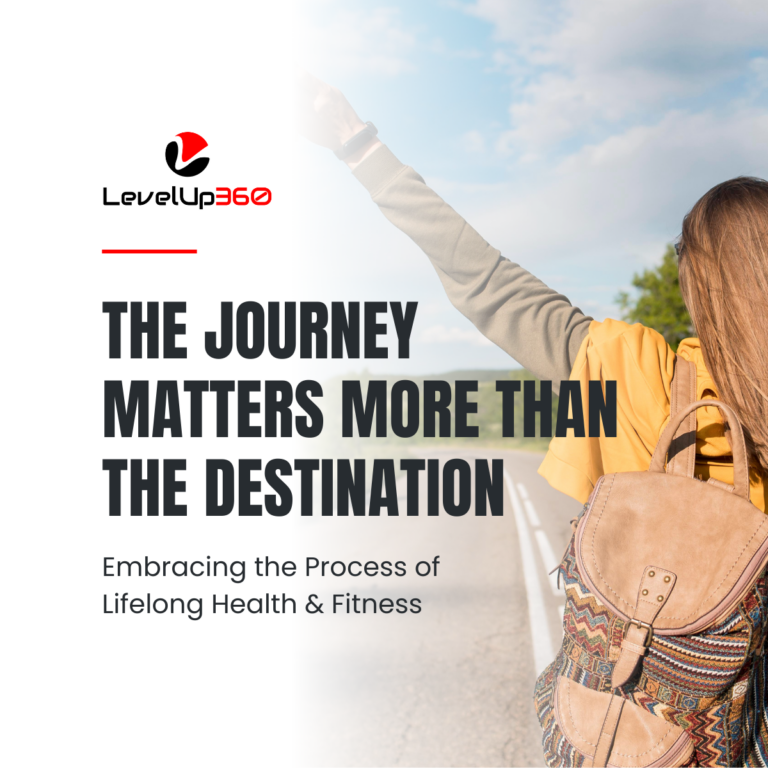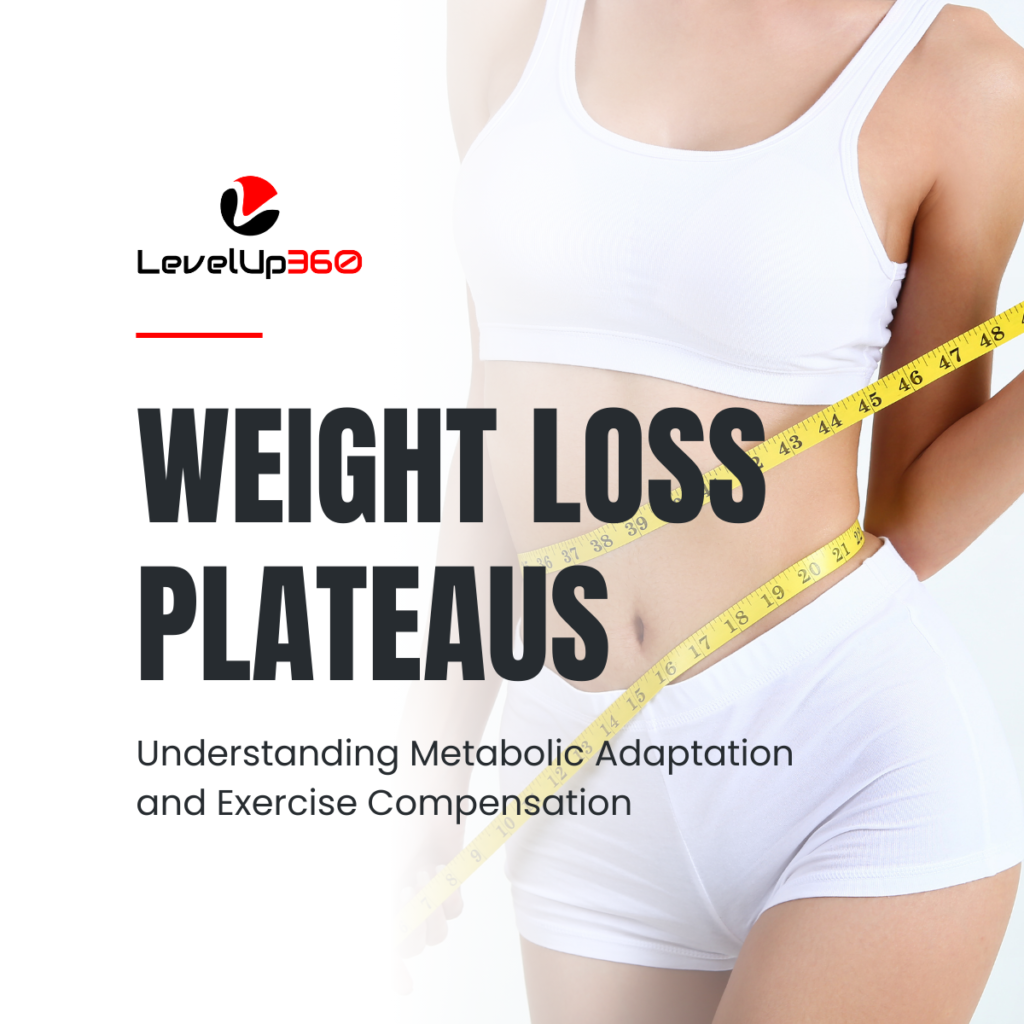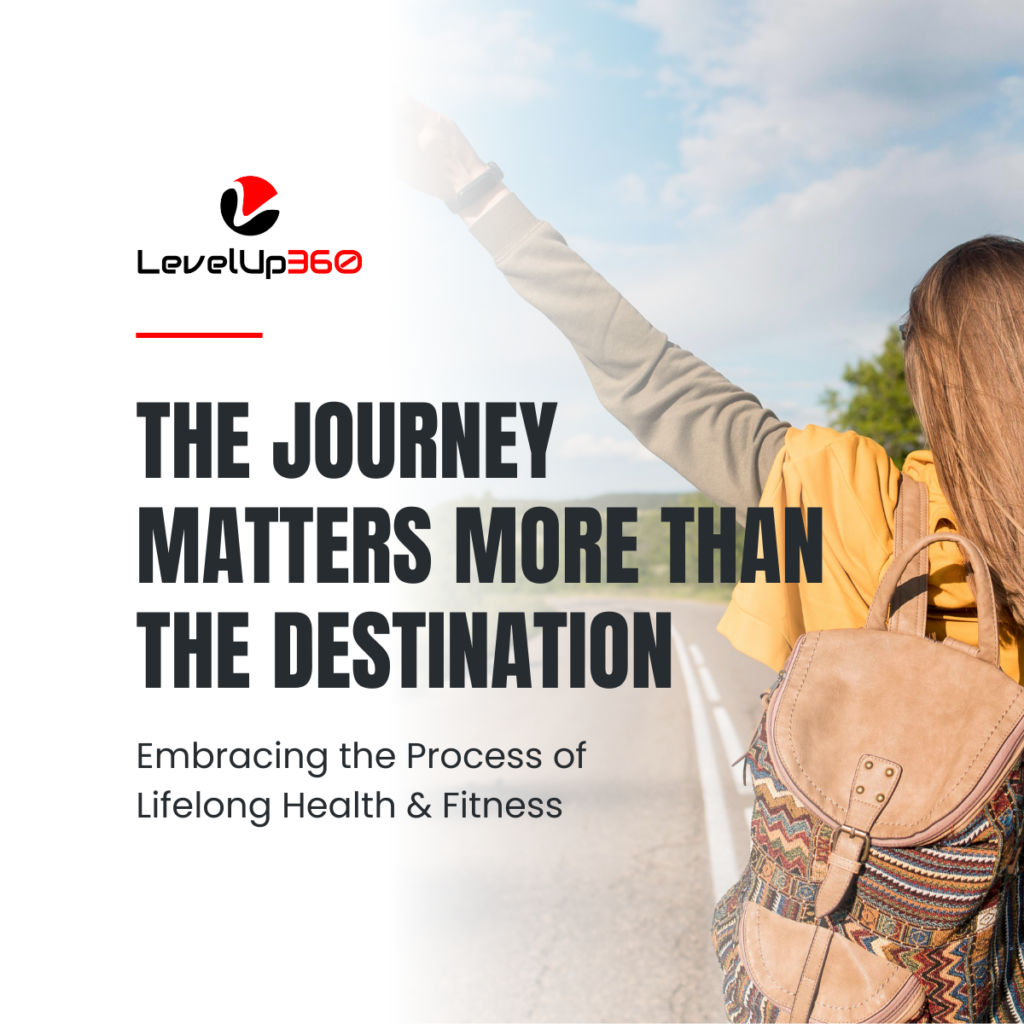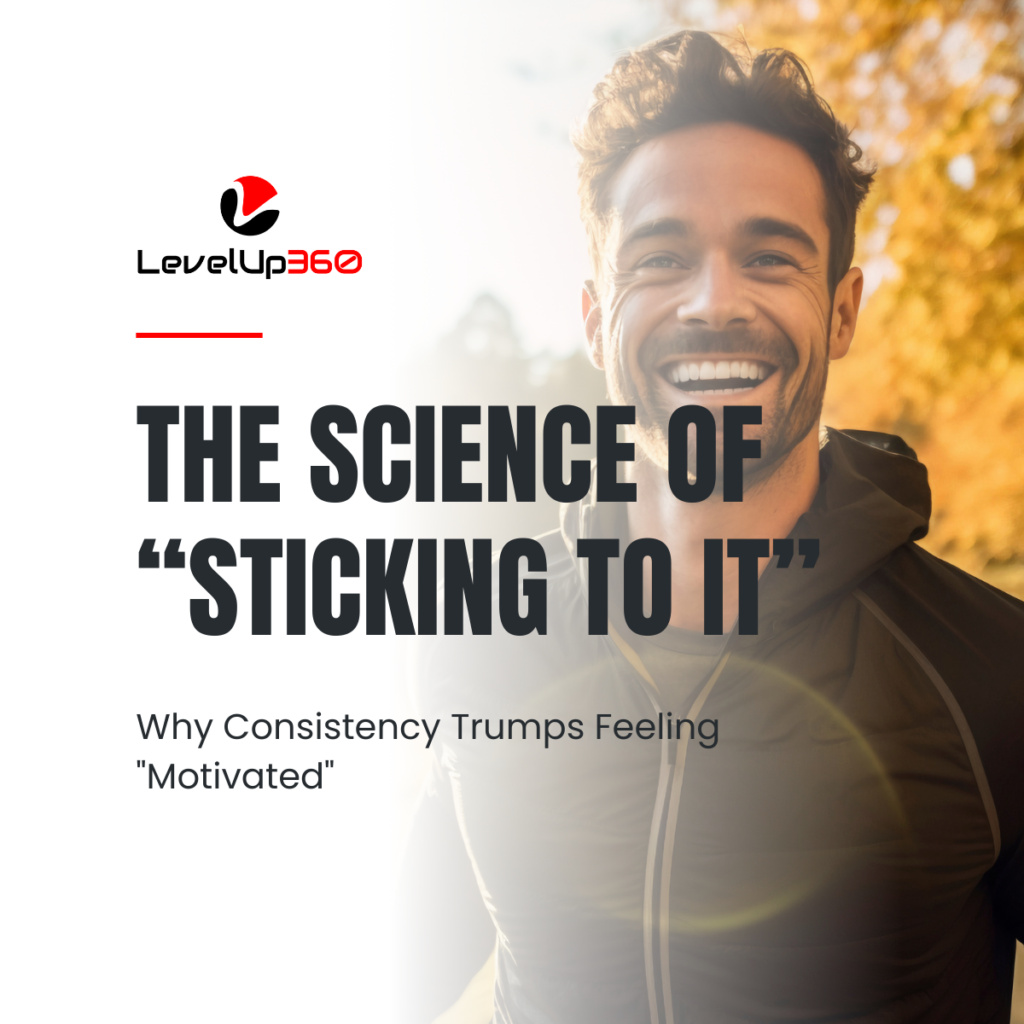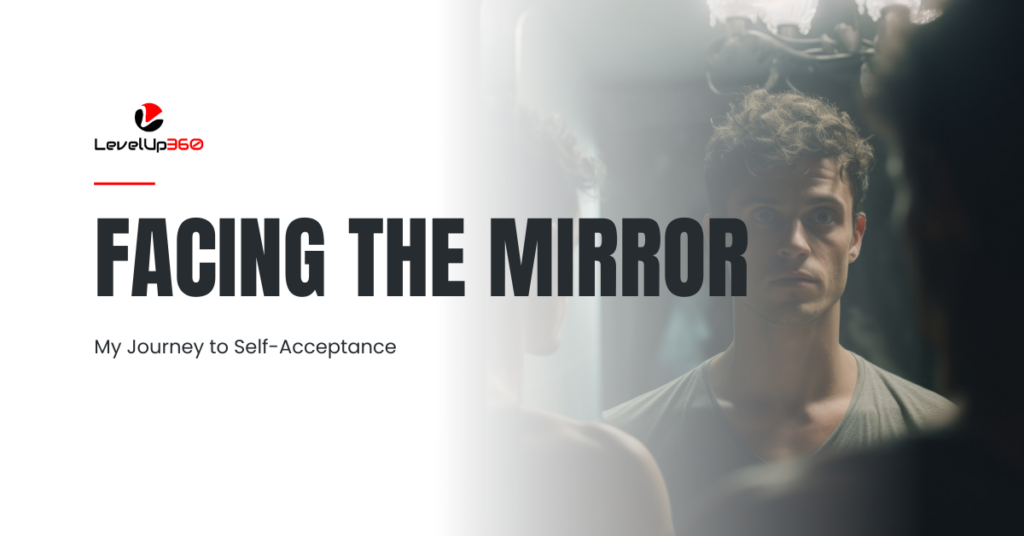
Facing the Mirror Within: My Journey to Self-Acceptance
Body image and self-esteem constitute the bedrock of mental health. Yet research reveals staggering rates of body dissatisfaction and disordered eating starting from extremely young ages – over half of girls as young as 6 are dieting, with 80% of 13-year-olds hating their bodies. This epidemic stems from unrealistic beauty ideals promoted across media and celebrity culture. The impacts on emotional well-being are deep and widespread.
And it doesn’t stop in adolescence. This extends into adulthood as well. Trust me, I know first-hand how hard it is. I’ve battled body image issues since my own teen years. Even today in my 40s, maintaining a lean physique, those old insecurities still creep up from time to time. True progress comes not from attacking your flaws, but from appreciating your body.
By building mental resilience and self-compassion, you can live a vibrant life aligned with your unique passions and highest potential. Progress paradoxically comes when you cease attacking your body and instead appreciate and listen to its needs
When we realise our true worth stems from character, not appearance, we become free to live vibrant, purpose-driven lives.
Let’s unpack the factors shaping widespread body image struggles and provide proven, science-backed strategies to overcome them. Keep reading to discover techniques to reduce negative self-talk, heal your relationship with food, silence your inner critic and build genuine confidence stemming from the inner light, not fleeting physical ideals. My aim is to shine a light on charting a course to self-acceptance and unconditional self-assurance.
Defining Body Image and Self-Esteem
Body image encompasses our multifaceted perceptions, beliefs, emotions and attitudes regarding our physical bodies and outward appearance. It is fluid and malleable, fluctuating day-to-day.
A positive body image entails respect for your natural body shape and functionality, regardless of whether it aligns with society and media-promoted ideals. In contrast, negative body image manifests as dissatisfaction, distortion, or excessive preoccupation with perceived physical flaws.
These extremes are not mutually exclusive opposites on a linear spectrum, but rather distinct constructs that can operate independently to varying degrees. Even those with strongly positive body image struggle with intermittent negative thoughts.
Self-esteem constitutes our subjective inner evaluation of self-worth as a human being. While influenced by prior experiences and societal messaging, it can be consciously built through regular practices that reinforce core merits separate from outward achievement or judgment.
Do you obsess over your reflection, wishing you could just be content with the body you have? You’re not alone – but healing is possible. Let’s dig deeper into the roots of these struggles.
“No matter how hard I sculpt my body, insecurity still lurks inside. My physique never seems good enough when I stare in the mirror."
Sociocultural Drivers of Body Image Issues
From an early age, photoshopped images linking unrealistic thinness with social desirability shape body ideals, especially for young girls. Studies reveal as little as 30 minutes of television exposure associates with greater body shame and appearance-related anxiety.
Rising social media usage has deepened these effects. Celebrity-focused cultures further compound the problem by equating thinness with high social status. The constant barrage of airbrushed models and narrow representations teaches us that self-worth and acceptance stem from physical appearance.
In response, rates of body dissatisfaction, eating disorders, muscle dysmorphia, and steroid use have all risen rapidly. This highlights the severe mental health impacts of promoting statistically rare beauty ideals that only 1-2% of people can actually attain through healthy means.
I myself struggled immensely with body image as a skinny teenager. I felt depressed and anxious about my bony physique, which diverged drastically from men physiques idolized in media. This skewed concept of an “ideal body” bred deep insecurities within me.
When the very metrics by which we measure attractiveness and worth are biologically unobtainable for most, it’s no wonder so many harbour negative body image and low self-esteem. My goal is to help you break free from this illusion. Your value stems wholly from within.
Food Relationships and Internalised Weight Bias
When self-perception becomes heavily dependent on the achievement of body ideals, even minor weight fluctuations can threaten one’s core sense of self and trigger catastrophic thinking. This breeds disordered eating patterns in the endless pursuit of a “better” physique.
Multiple studies have found that those plagued by persistent intrusive thoughts of needing to become thinner have a 65% higher risk of eventually developing clinically diagnosable eating disorders. Similarly, inflexible cognitive rules and restrictions around food choices also strongly predict future disordered eating behaviour.
Internalised weight bias has become endemic in modern cultures, reinforced by prevailing social narratives equating higher weight with laziness, poor hygiene, low status, and a lack of self-discipline or character. Alarmingly, over 50% of even average-weight individuals harbour significant unconscious anti-fat prejudices and attitudes. When turned inward, this culturally-learned stigma fuels body dissatisfaction and low self-esteem.
Behavioural and Cognitive Factors
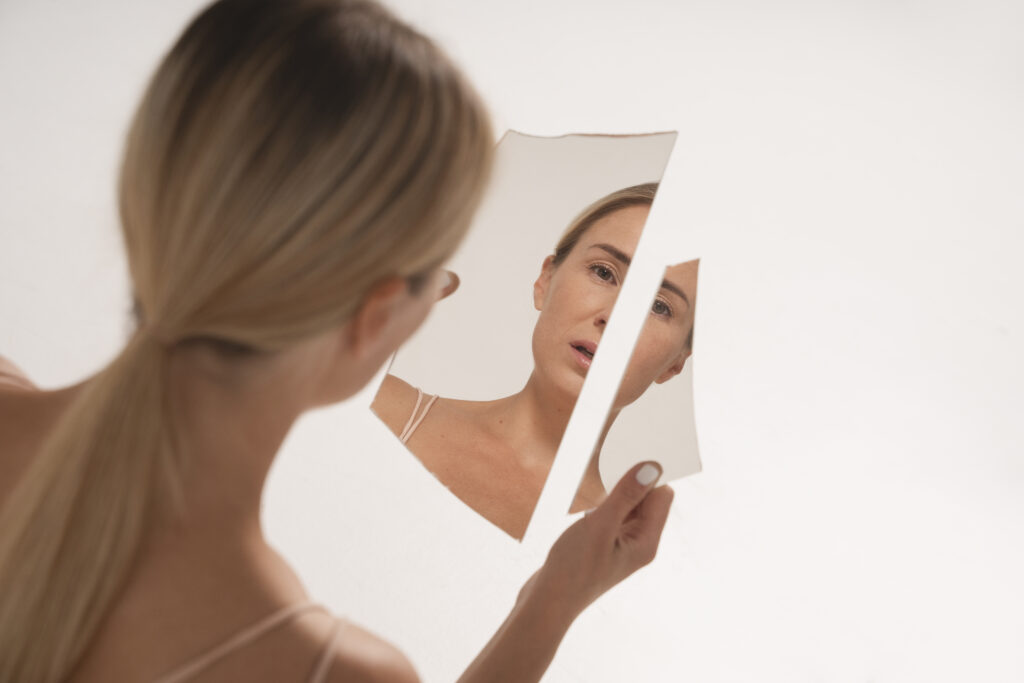
Body checking habits such as frequently pinching or measuring body fat, weighing oneself, and constant visual body scrutiny in mirrors all correlate strongly with body dissatisfaction, as do avoidance behaviours like refusing to look in mirrors or at certain body parts altogether.
Studies assessing dimensions like perfectionism, rumination on flaws, and obsessive monitoring have found that those scoring highest on these traits also experience greater body image issues, disordered eating tendencies, and lower self-esteem.
Problematic thought patterns characterized by harsh self-criticism, obsession over progress, extreme false dichotomous thinking, and perfectionism often require cognitive restructuring through psychological interventions to improve body image and self-esteem.
Healthier Approaches to Lasting Change
The path to overcoming body image struggles and cultivating self-acceptance requires a shift in mindset and sustainable lifestyle changes. Just as with weight loss, superficial quick fixes often fail while gradual, lifelong habits succeed.
Small consistent steps to adopt healthier thought patterns and behaviours will better support the profound personal growth needed to transcend society’s narrow beauty ideals. Patience and self-compassion are essential – change won’t happen overnight.
Rather than aggressive short-term efforts, lasting transformation comes from creating a lifestyle aligned with your core values and highest potential. The goal is a healthy, meaningful life beyond the mirror.
This means learning to silence the inner critic, appreciate your natural gifts, and base your self-worth on character rather than appearance. Each small victory in rewiring your self-talk builds confidence.
Just as mindful eating and exercise cultivate physical health, practices like journaling, meditation and therapy support mental and emotional wellness. By finding activities that nurture self-knowledge and resilience, you invest in the person you strive to become.
When you embrace stronger foundations of self-acceptance and unconditional self-worth, positive body image naturally follows. The journey requires persistence, yet living your purpose makes each step worthwhile.
Building Genuine Self-Worth
Gratitude practices concentrating on appreciation of body functionality and natural abilities rather than criticism of perceived flaws have been shown to increase positive body image. Expanding one’s interests and social connections to pursue fulfilling activities beyond appearance fixes also emerges as an effective strategy.
Interventions leveraging mindfulness, self-compassion training, and group public speaking have demonstrated efficacy in reducing body shame and fear of negative evaluation. Improvements appear lasting, with effects persisting months after completion.
True and lasting confidence stems not from external achievement or validation but from the inward recognition and acceptance of one’s inherent value and self-worth. Ironically, life’s most meaningful and richest experiences come through courageously expressing one’s unique abilities and passions.
The winding path to self-acceptance requires releasing the shackles of perfectionism and finding empowerment to define yourself on your own terms rather than society’s.
Facing My Own Mirror

After sharing my struggles, a friend confided she assumed I was confident because I overcame body image issues and now maintain a fit physique. But in truth, deep insecurities still surface. The difference is I’ve developed tools to better understand and accept myself.
Through heightened self-awareness, I can now identify insecurity triggers and thought patterns. I challenge negative self-talk and make more informed choices. This inner work has been crucial for personal growth.
Practising self-acceptance also reduced my self-criticism and need for validation. By embracing my flaws, I found more freedom to take risks and strengthen relationships. My self-esteem now stems more from my character than from meeting others’ standards.
I still have difficult days, but no longer allow insecurities to control me. Confidence comes not from lack of flaws, but learning to deeply understand and embrace ourselves despite them. Lasting change starts from within.
Perspectives from My Journey
As I reflect on my winding road to self-acceptance, I have gained perspectives that may resonate with others seeking the same. My path has shown me it requires releasing judgment, defining your own worth, building resilience, and appreciating your body’s needs. Lasting change comes through sustaining growth mindsets beyond external goals. Progress follows the inward path of self-compassion.
The winding journey to self-acceptance requires releasing the shackles of perfectionism and finding empowerment to define yourself on your own terms rather than society’s. My goal in sharing my personal struggles is to provide insights that may help others realise their profound worth beyond mere appearances. True confidence stems not from a lack of flaws but from courageously understanding and embracing our natural selves, imperfections and all.
Sustainable transformation happens by adopting lasting growth mentalities that persist after achieving external goals. By building mental resilience and self-compassion, you can live a vibrant life aligned with your unique passions and highest potential. Progress paradoxically comes when you cease attacking your body and instead appreciate and listen to its needs. The mirror reveals but a sliver of one’s wholeness.
Recommended reading
Recommended reading
Additional Resources
Feeling in control of your health
If you are interested in improving your health and wellness, check out other resources such as Our Blog, Free Resources and/or join our private Body-Mind Transformation Secrets Community on Facebook, and go on an even deeper dive with me to uncover how to succeed in your health and wellness goals.
You may also be interested in our Sleep Secrets Cheat Sheet. It is a great resource with strategies to fix and optimize your sleep which is crucial to succeeding in your health and wellness goals.
Resources
Pictures

